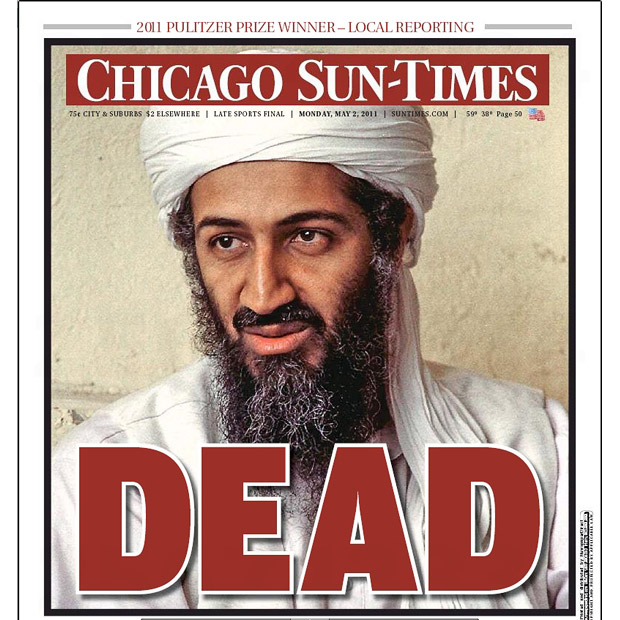In 1992, I attended the 44th Student Conference on U.S. Affairs (SCUSA) at West Point Military Academy. I represented my college and was a member of the International Economics Roundtable. The theme for the conference was “Forging the Future: Redefining Priorities & Policies.” Our roundtable discussed the challenges facing a post-Cold War America. No longer a bi-polar (two superpowers) political system, the demise of the former Soviet Union represented the biggest threat to American security. A decentralized Soviet Union with access to weapons of mass destruction is harder to control, police, and track. Who had the weapons (former KGB operatives or Russian mafia) and where did their allegiance lie? We theorized that long-term economic stability for the former eastern bloc countries was necessary to guard against short term security threats.
Likewise, a decentralized al Qaeda is more dangerous than a centralized al Qaeda with bin Laden overseeing operations. The death of bin Laden could serve as a “rally” call, making him a martyr for the varying fractions of al Qaeda. The role of symbolism is more powerful than we realize or give credit. It can be used for good or bad. Martin Luther King’s dream is symbolic for unity and brotherhood for humanity. Symbolism in extremist form is just as powerful.
Political scientists (Donald Horowitz, Rasma Karklins and Milton Esman) have long theorized about the role of symbolism in ethnic conflict and politics. Symbolism becomes a highly motivating factor for ethnic identity and conflict. One needs only look at the Quebecois movement to see how national language became a symbolic and unifying force. Symbolism can take its form in the national flag, official language (ascriptive ethnicity) or heroes. Symbolic psychology mainly falls under two umbrellas: (1) group worth; and/or (2) a fear of extinction (real or projected anxiety). American teens of Somali descent were lured back to Somalia for jihads with ties to al Qaeda. This fits the first prong of symbolic group worth.
We have seen the effects of symbolism, good and bad, in our own country. The American flag is symbolic of freedom. In times of tragedy, it unifies a grieving nation and aids in healing – as we rally ‘round the flag. It can also become divisive and politically polarizing for those who use it to determine who the “real” Americans are. President Obama’s name and birth is symbolic for “birthers.” Their whole ideology is based on that symbolism. Even after President Obama released the long form of his birth certificate, some still persist in their fear that the certificate is not real and he is not who he claims to be. Some would argue this is an example of a projected anxiety/fear following the second prong of symbolism.
Therefore, the death of Osama bin Laden is a double edged sword. It provides some “closure” for those who lost relatives and loved ones on 9/11. Unfortunately, his death has made him a symbol for extreme radicalism. How will this affect the uprisings in the Middle East? Osama is more dangerous in his death than he ever was alive. America’s claims of victory should be guarded. The death of Osama is a battle win, not the end of the war. The dispersion and decentralization of al Qaeda into guerilla warfare is the new war.
For more food for thought, I suggest the following
http://www.reuters.com/article/2011/05/02/us-binladen-qaeda-idUSTRE7411ZS20110502
